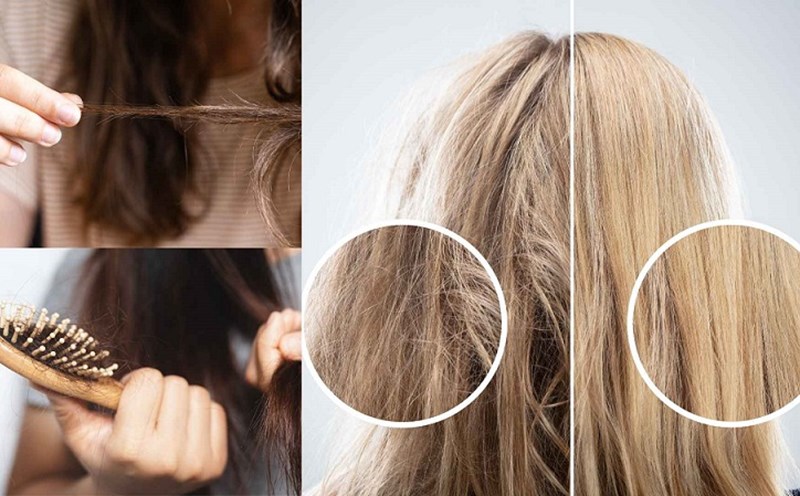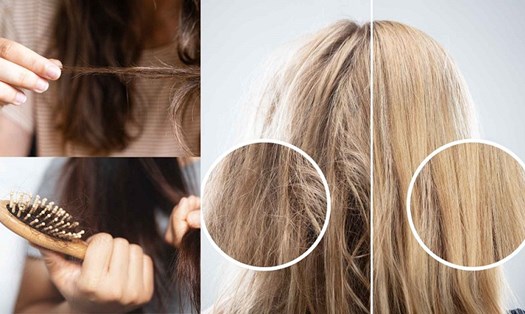In folk medicine, there are many familiar plants that are considered the "medicine" for hair, but the most prominent is betel grass - a type of weed that grows everywhere in rural Vietnam. This type of grass has a slender trunk, grows in clusters, and is often picked up because it is considered useless. However, according to traditional medicine, betel grass has a sweet, cool taste, helps to cool, detoxify and stimulate hair growth effectively.
Valuable substances help nourish hair follicles
According to modern pharmaceutical research, betel grass contains many flavonoids, saponins and alkaloids - active ingredients that can stimulate blood circulation under the scalp, nourishing hair follicles from deep inside. In addition, the amount of silica and natural calcium in grass helps strengthen hair, reduce breakage and dryness due to the effects of chemicals or temperature.
In the past, people often painted betel grass with betel water to wash their hair, which both helps cool the scalp and reduces itching and dandruff. After a few weeks of use, hair grows faster, smoother and has natural shine without the need for conditioner.
How to use betel grass to stimulate hair growth
To maximize the benefits, you can do it in the following simple way:
Take a handful of fresh betel patch of grass, wash it, and cut it into small pieces.
Boil with 1 liter of water for 10-15 minutes, then let cool.
Use this water to wash your hair 2-3 times a week, combined with a light massage of the scalp for 5 minutes.
stick to it for 3-4 weeks, you will feel your baby's hair grow clearly, thicker and stronger.
Natural, safe and economical solutions
Not only is it an effective folk method, washing hair with betel grass is also favored by many modern people because it is safe, non-irritating and completely natural. You can combine a few drops of grapefruit or coconut oil to increase hair growth stimulation and moisturizing the scalp.
For those who are experiencing thinning hair, hair loss or dryness due to styling, this is a simple tip worth trying.











